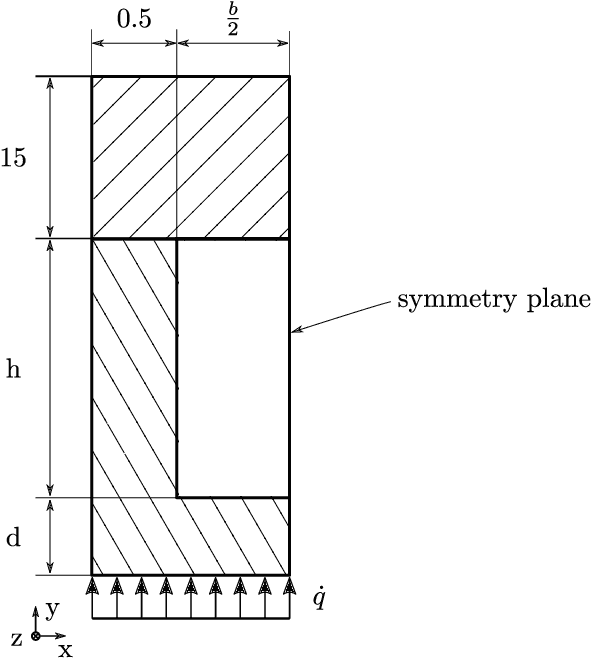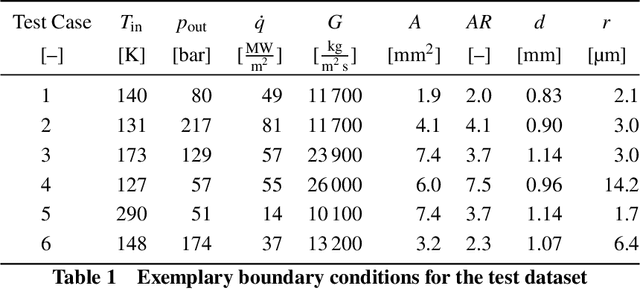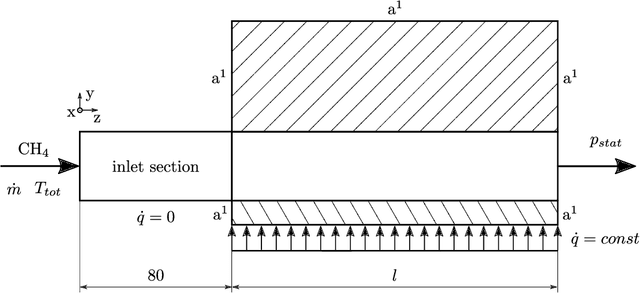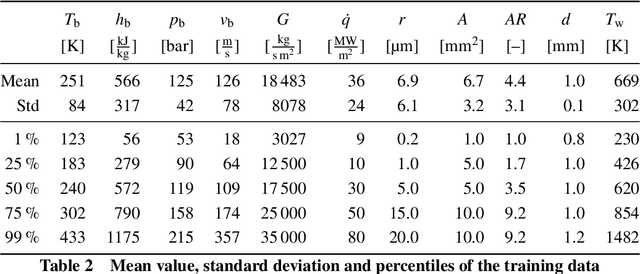Heat Transfer Prediction for Methane in Regenerative Cooling Channels with Neural Networks
Paper and Code
Jul 24, 2019



Methane is considered being a good choice as a propellant for future reusable launch systems. However, the heat transfer prediction for supercritical methane flowing in cooling channels of a regeneratively cooled combustion chamber is challenging. Because accurate heat transfer predictions are essential to design reliable and efficient cooling systems, heat transfer modeling is a fundamental issue to address. Advanced computational fluid dynamics (CFD) calculations achieve sufficient accuracy, but the associated computational cost prevents an efficient integration in optimization loops. Surrogate models based on artificial neural networks (ANNs) offer a great speed advantage. It is shown that an ANN, trained on data extracted from samples of CFD simulations, is able to predict the maximum wall temperature along straight rocket engine cooling channels using methane with convincing precision. The combination of the ANN model with simple relations for pressure drop and enthalpy rise results in a complete reduced order model, which can be used for numerically efficient design space exploration and optimization.
 Add to Chrome
Add to Chrome Add to Firefox
Add to Firefox Add to Edge
Add to Edge